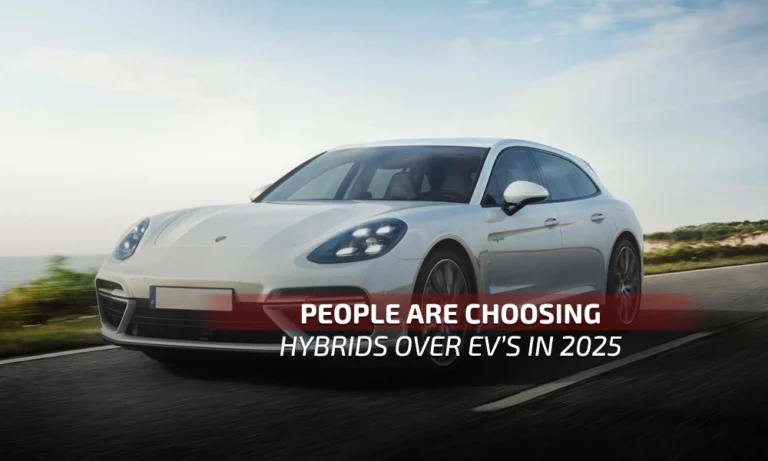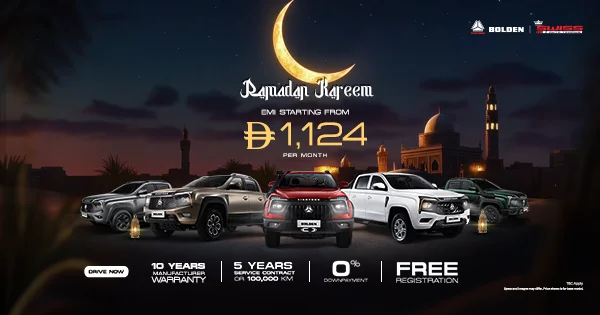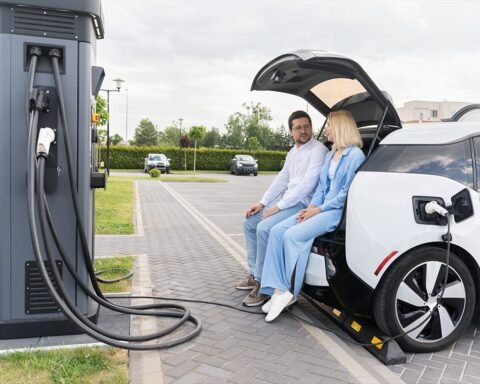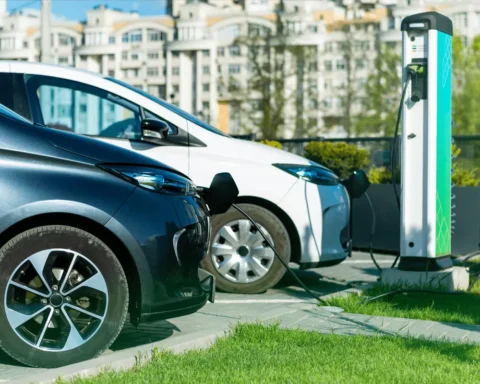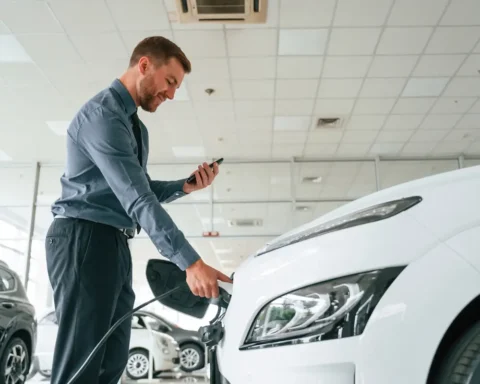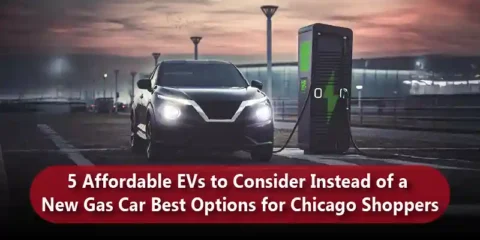EVs were supposed to take over by now.
But in 2025, something unexpected is happening: more people are buying hybrids again.
Not just in the U.S., but globally. In markets like the UAE, where EV adoption has been rising fast, hybrids are quietly regaining ground—and not just among budget-conscious buyers.
So what’s driving this shift?
And if you’re in the market for a new or used car, should you go hybrid too?
Let’s break down what’s really going on, without the hype.
The EV Hype Has Hit Reality
Don’t get me wrong—EVs are still growing, and the tech is impressive. But in 2025, we’re finally seeing the cracks.
- Charging infrastructure is still inconsistent.
- Range anxiety hasn’t disappeared.
- EVs cost more upfront—and resale value is unpredictable.
- Insurance rates for EVs are higher across many markets.
- And in places like the UAE, battery performance drops in high heat.
For a lot of daily drivers, especially those with longer commutes or no home charger, hybrids just make more sense.
In 2025, many drivers are switching to hybrids because they offer better practicality in areas with limited charging infrastructure.
Rising electricity prices, range anxiety, and poor cold-weather EV performance also make hybrids more appealing for real-world driving.
Hybrids: The Sweet Spot in 2025
Today’s hybrids aren’t the underpowered econoboxes of the past.
Models like the Toyota Corolla Hybrid, Honda Accord Hybrid, and Hyundai Tucson Hybrid are offering:
- Over 20 km/l fuel efficiency
- Instant torque and smooth driving
- Long-term reliability
- No range anxiety—just fill up and go
And best of all? No need to plug in.
In cities like Dubai, where you might drive between Sharjah, Abu Dhabi, and Al Ain in a single day, hybrids eliminate all the charging stress.
Yes, in many cases. Hybrids typically have a lower upfront cost than EVs and don’t require costly home chargers.
While they still use fuel, their excellent mileage and reduced maintenance make them budget-friendly over time.
What Buyers Are Actually Saying
I’ve spoken to several people this year who traded in or skipped EVs altogether. Here’s the pattern:
- One guy in Abu Dhabi sold his used Tesla Model 3 and picked up a new Camry Hybrid—he was tired of planning charging stops.
- A family in Sharjah went for a Kia Niro Hybrid over an IONIQ 5 because the kids’ school runs and weekend trips were just too unpredictable for EV range.
- And one UAE rideshare driver told me he’s sticking with hybrids “until chargers are everywhere and batteries last 10+ years.”
The trust in hybrids is strong—especially when you’re buying used. EV battery life still scares a lot of people.
In some countries, yes—especially plug-in hybrids.
While full EVs still receive the highest subsidies, several governments offer partial tax breaks or grants for hybrids, particularly if they emit low CO₂ or meet specific emission standards.
Real-World Numbers Back It Up
According to S&P Global Mobility, hybrid sales are up 55% year-over-year in the U.S., while EV growth has slowed.
In the UAE, hybrid demand surged after several EV owners reported long service center delays and reduced summer range.
Dealerships are responding fast—more hybrid variants are being stocked across Dubai and Ras Al Khaimah.
Currently, yes. Because EV tech is evolving rapidly, used EVs often depreciate faster.
Hybrids, with proven longevity and broader appeal, tend to hold value better—especially models from Toyota, Honda, and Ford that buyers trust.
Absolutely. Hybrids are ideal for long drives because they don’t depend on charging stops.
With a fuel backup and excellent mileage, hybrids remove range anxiety and are better suited for countries lacking a fast-charging network.
So… Should You Buy a Hybrid in 2025?
Yes. Hybrid is the answer for you if you:
- drive over 100 km daily
- don’t have easy access to a home charger
- want a reliable car with low maintenance
- aren’t ready to fully commit to electric
Besides the pointers, if I were to put in my 2 cents, with the whole Tesla stock going down and Chinese EV taking over the European and Middle East countries, I feel its about time hybrids are given the recognition they deserve.
I feel hybrids are the future of vehicles.
They are the jack of all trades, master of none.


